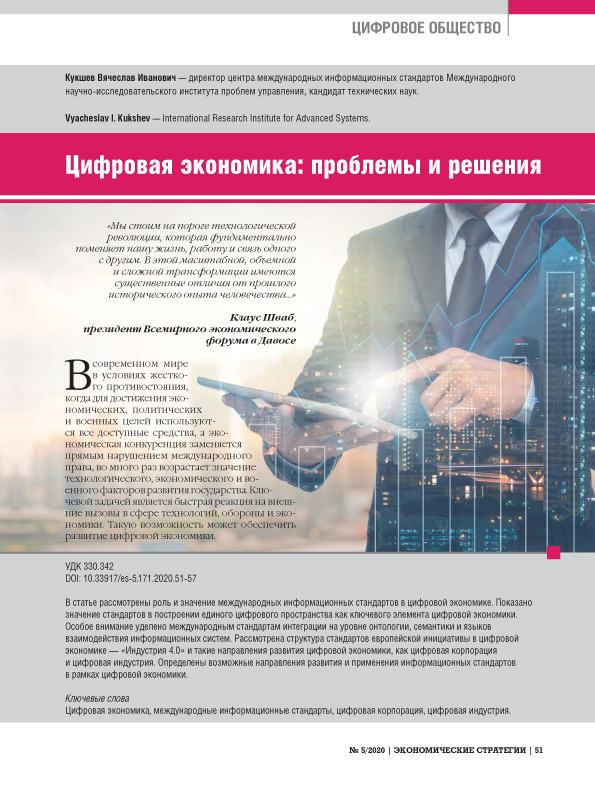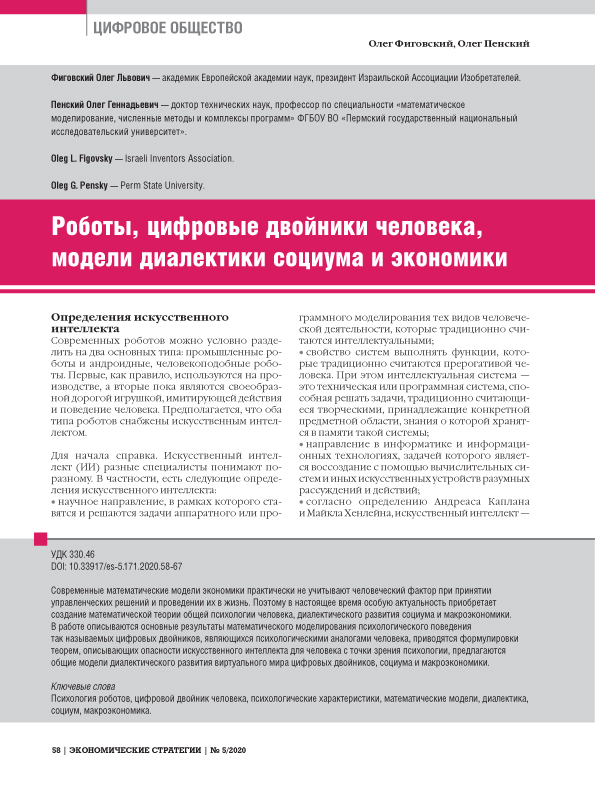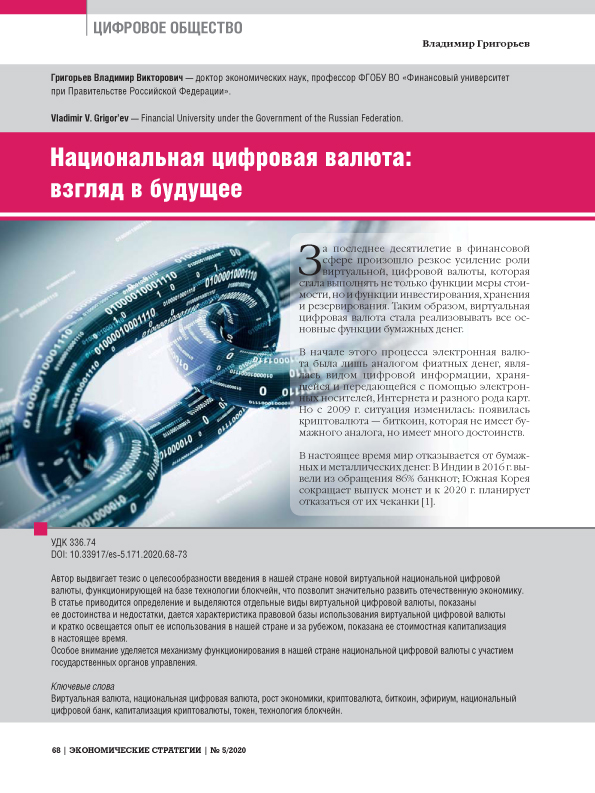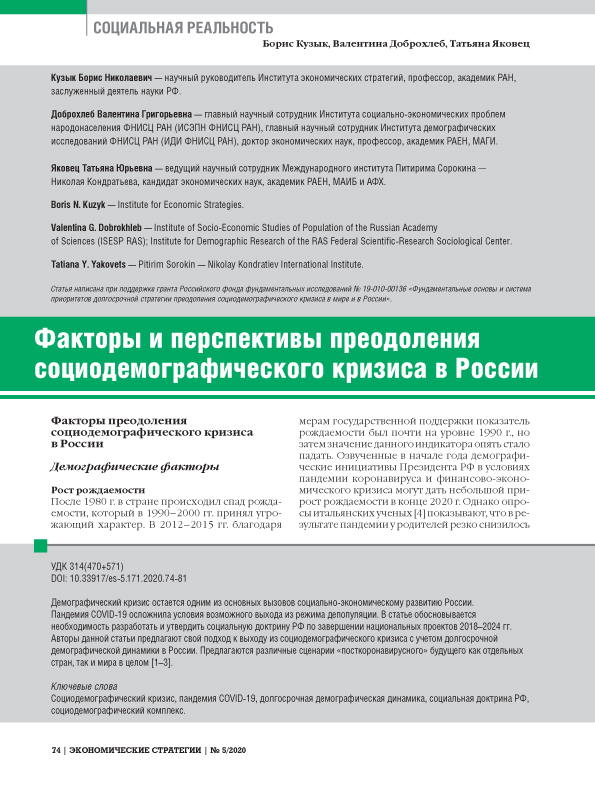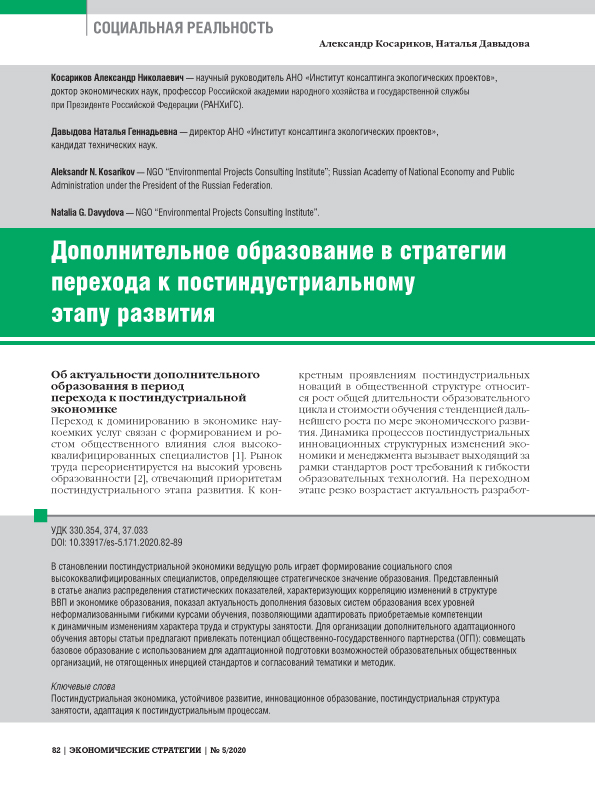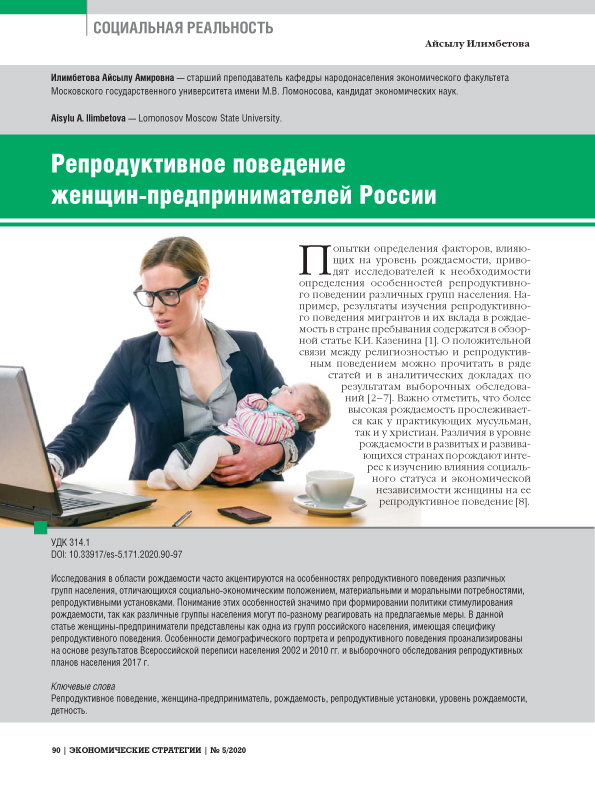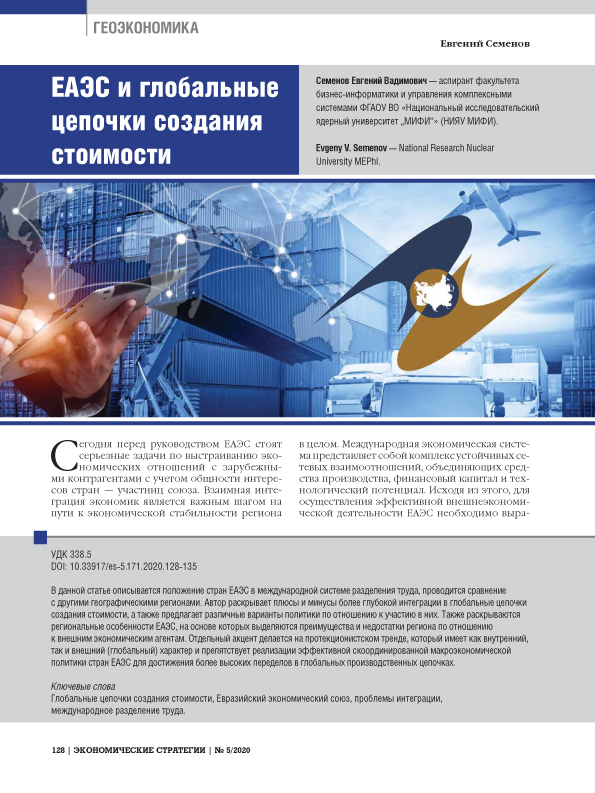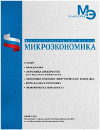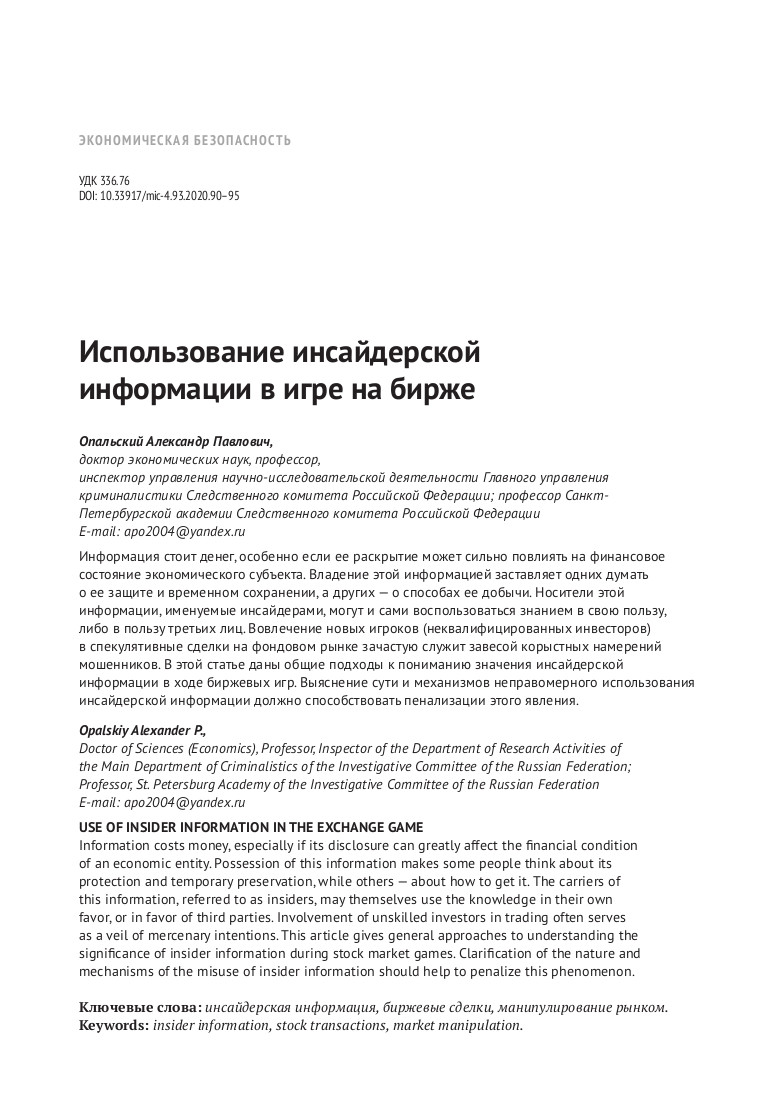
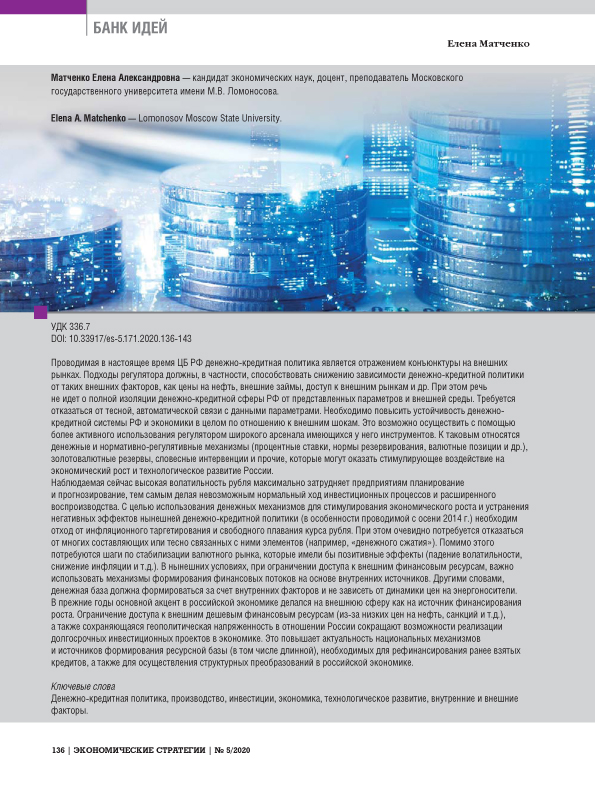
DOI: 10.33917/es-5.171.2020.136-143
Monetary policy currently pursued by the Central Bank of the Russian Federation is a reflection of external market conditions. Regulatory approaches should, in particular, help reduce the dependence of monetary policy on external factors — such as oil prices, foreign loans, access to foreign markets, etc. This is not about completely isolating the monetary sphere of the Russian Federation from parameters and the external environment. It is required to refuse close, automatic communication with the given parameters. It is necessary to increase the stability of the monetary system of the Russian Federation and the economy as a whole in relation to external shocks. This can be done through more active use of a wide range of tools available to the regulator. These include monetary and regulatory mechanisms (interest rates, reserve requirements, foreign exchange positions, etc.), gold reserves, verbal interventions, etc., which can have a stimulating effect on economic growth. The high volatility of the ruble now observed makes it extremely difficult for enterprises to plan and forecast, thereby making it impossible for the normal course of investment processes and expanded reproduction. In order to use monetary mechanisms to stimulate economic growth and eliminate the negative effects of current monetary policy (in particular, implemented since autumn 2014), a departure from inflation targeting and free floating of the ruble exchange rate is necessary. At the same time, it is obviously necessary to abandon many components or closely related elements (for example, “monetary contraction”). In addition, steps will be needed to stabilize the foreign exchange market, which would have positive effects (falling volatility, lower inflation, etc.). Under current conditions, with limited access to external financial resources, it is important to use mechanisms for generating financial flows based on internal sources. In other words, the monetary base should be formed due to internal factors, and not depend on the dynamics of energy prices. In previous years, the main emphasis in the Russian economy was placed on the external sphere as a source of growth financing. Restricting access to external cheap financial resources (due to low oil prices, sanctions, etc.), as well as continuing geopolitical tensions with regard to Russia, reduce the possibilities for implementing longterm investment projects in the economy. This increases the relevance of national mechanisms and sources of formation of the resource base (including long) necessary to refinance previously taken loans, as well as to implement structural changes in the Russian economy.
Продолжить чтение



